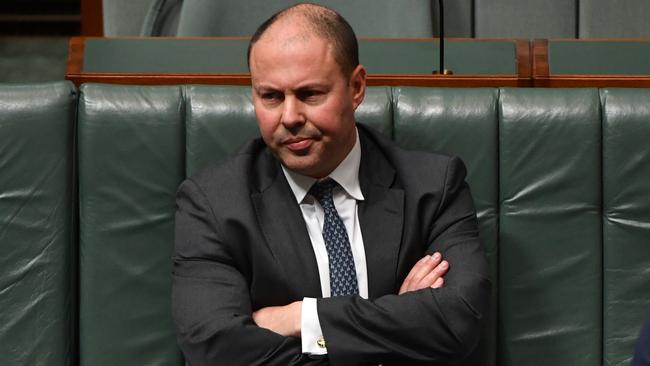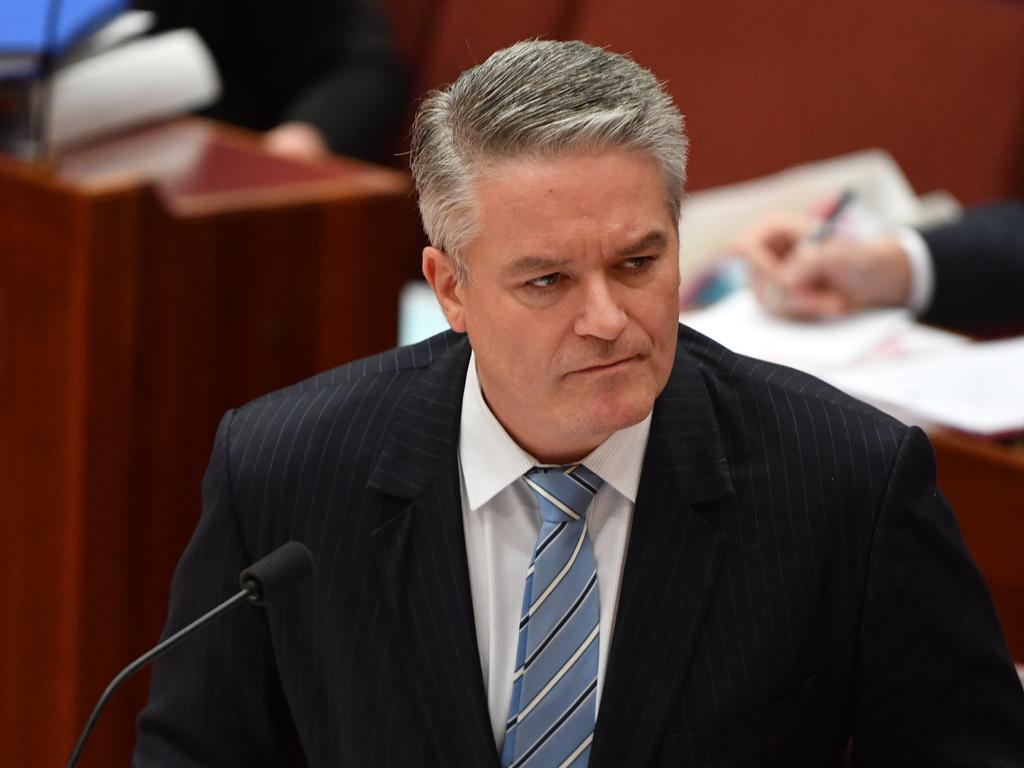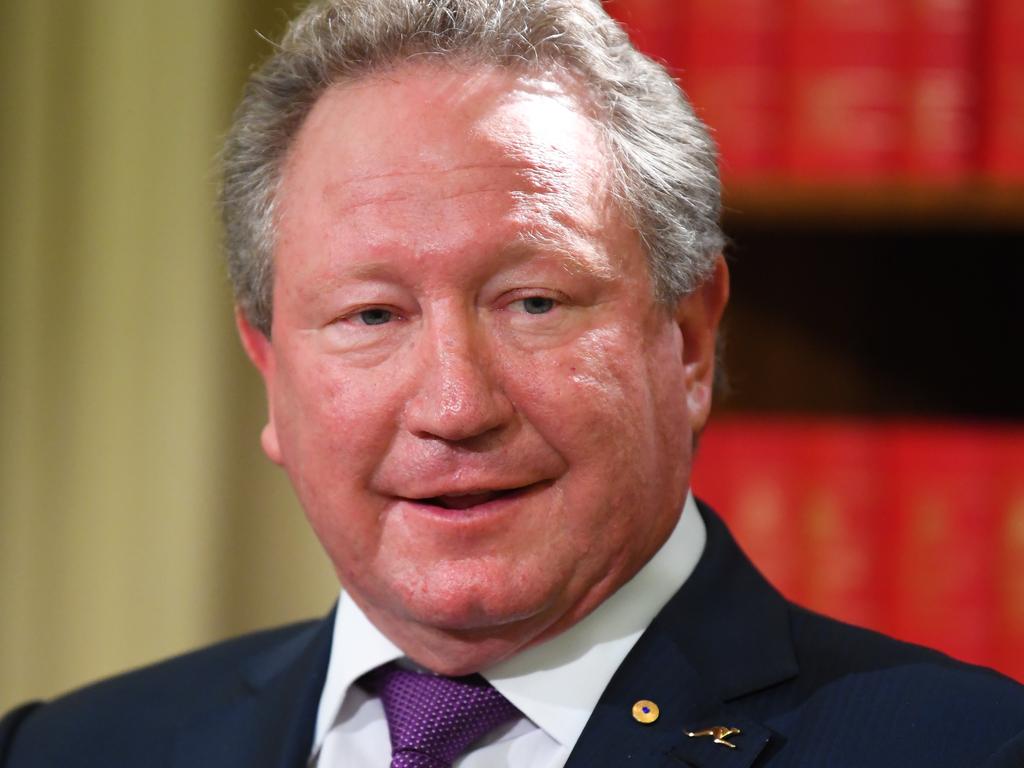Local government told to unlock $19bn of construction projects
Tens of billions of dollars worth of projects that could create thousands of jobs are caught in stagnating planning processes.

Tens of billions of dollars worth of construction projects with the potential to create thousands of jobs are caught up in stagnating planning processes, sparking calls for councils to fast-track building approvals to turbocharge the post-pandemic economic recovery.
In Victoria, more than $10bn worth of prospective commercial and residential development is estimated to be sitting in the planning approvals system, largely overseen by local government, while at least $3.5bn of disputed projects is before the Victorian Civil and Administrative Tribunal.
In NSW, the City of Sydney alone is overseeing $2.8bn worth of development applications, while the City of Brisbane has 176 separate development applications on its books — many of them for residential renovations.
And with the federal government’s HomeBuilder stimulus package shining the spotlight on the crucial role of the $360bn construction industry in an economic rebound, federal and state government ministers and industry figures have demanded local government work harder to expedite approvals of “shovel-ready” projects.
Even prior to the outbreak of COVID-19, some Victorian municipalities were taking 120 to 130 days on average to decide planning permits — double the 60-day statutory requirement — and it is understood that timeframes have blown out further in recent months.
According to the NSW Department of Planning, the statewide average time taken for development application approval was 84 days, slightly slower than Victoria’s average of about 70 days.
Josh Frydenberg told The Australian that local governments across the country had an important role to play in the economic recovery from the coronavirus.
“State and federal governments are doing their bit to support the housing construction sector to help fill the impending void but local government can accelerate and remove the red tape often associated with development applications to get these projects happening faster,” the Treasurer said.
“There are also many small infrastructure projects, like refurbishing or rebuilding clubrooms, that will help to keep people in jobs at this important time.”
Property Council of Australia chief executive Ken Morrison echoed Mr Frydenberg’s comments, saying projects needed to “get going as fast as they can”.
“Australia is going to need its biggest engines of the economy firing and construction is one of those big engines,” Mr Morrison said. “It’s important that every planning authority and local council is taking its responsibility in this very seriously. They need to have a laser-beam focus in regards to assessing these projects and assessing them much faster.
“The longer the process takes means people losing their jobs”.
Victorian Planning Minister Richard Wynne, who has announced a Building Victoria’s Recovery Taskforce to help identify and fast-track construction projects, warned he was willing to consider calling in applications awaiting a council planning decision “where appropriate”.
“I appreciate councils have been impacted by the pandemic, but it’s vitally important they get on top of their approvals for the benefit of the building and development industry and our economy,” Mr Wynne said.
The Urban Development Institute of Australia’s Victorian chief executive, Danni Hunter, welcomed the state government’s taskforce, which had so far led to fast-tracked ministerial approval for projects valued in excess of $5bn, but called on local government to be more proactive.
“There is a pipeline of more than $10bn of development activity tied up in local and state planning processes, including at local council and at VCAT,” Ms Hunter said. “If unlocked, this pipeline could generate close to 73,000 new Victorian jobs.”
The UDIA had previously written to councils at the start of the pandemic, urging them to “keep the doors open for business, digitally and remotely” and continue issuing planning approvals “to minimise disruption and to increase the future pipeline of work to ensure the viability of the industry”. However, reports from members have suggested that, at some councils, approvals have slowed.
Master Builders Australia chief executive Denita Wawn said councils had long been an impediment to timely project delivery.
“HomeBuilder is shining a new light on the perennial problem of local council red tape holding up building approvals,” Ms Wawn said. “This is an area of state government responsibility and we call on them to act where they are not already doing so. If the issue becomes an intractable problem for people taking up HomeBuilder grants the federal government may need to provide exemptions.”
Federal Minister for Housing and Assistant Treasurer Michael Sukkar urged councils to act quickly.
“Keeping Australians in jobs, particularly in the construction industry, is the responsibility of every level of government,” Mr Sukkar said.
“If there are projects ready to go, local governments need to act now and act in the national interest. For the sake of our tradies, we cannot afford to suffocate projects worth tens of billions of dollars to our economy with local government red tape.”
Councils contacted by The Australian dismissed concerns that approval times had blown out during the pandemic.
Moreland City Council, which took a median 116 days to decide on a planning application last financial year, said 73 per cent of planning applications had been approved within the statutory timeframe in April, but it did not yet have May figures. The council has 416 live planning permit applications.
“We firmly believe, however, that the speed of planning approvals should not be at the expense of design quality and positive community outcomes,” Moreland mayor Lambros Tapinos said.
The City of Hume in Melbourne’s fast-growing north did not respond to questions on whether its average 134-day approval timeframe had swelled. Last year it ruled on just 44 per cent of applications in the recommended 60 days. Melbourne City Council, which had a median approval timeframe of 101 days last year, declined to comment on whether approvals had slowed.
However, council planning portfolio chairman Nicholas Reece said the city was committed to a number of planning stimulus and recovery initiatives in response to COVID-19.
“There are currently more than 250 developments in the pipeline with existing planning approvals in place,” said Councillor Reece.
“Alongside the projects already being fast-tracked, this represents a healthy pipeline of projects that could get underway to kick-start our economy.
“We want businesses and our building and construction sector to thrive again and to get people back in jobs.“
Additional reporting: Angelica Snowden, Mackenzie Scott







To join the conversation, please log in. Don't have an account? Register
Join the conversation, you are commenting as Logout